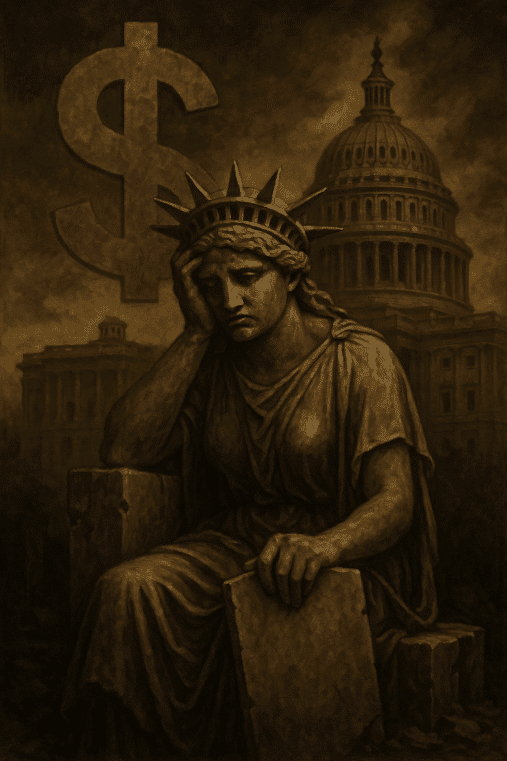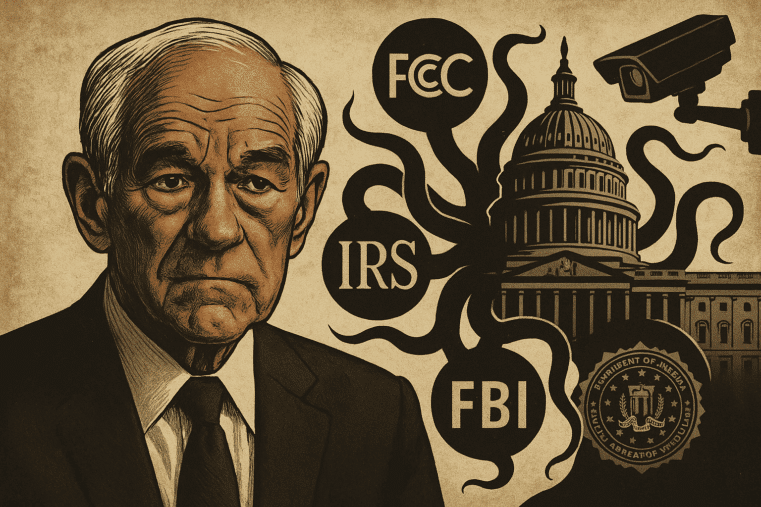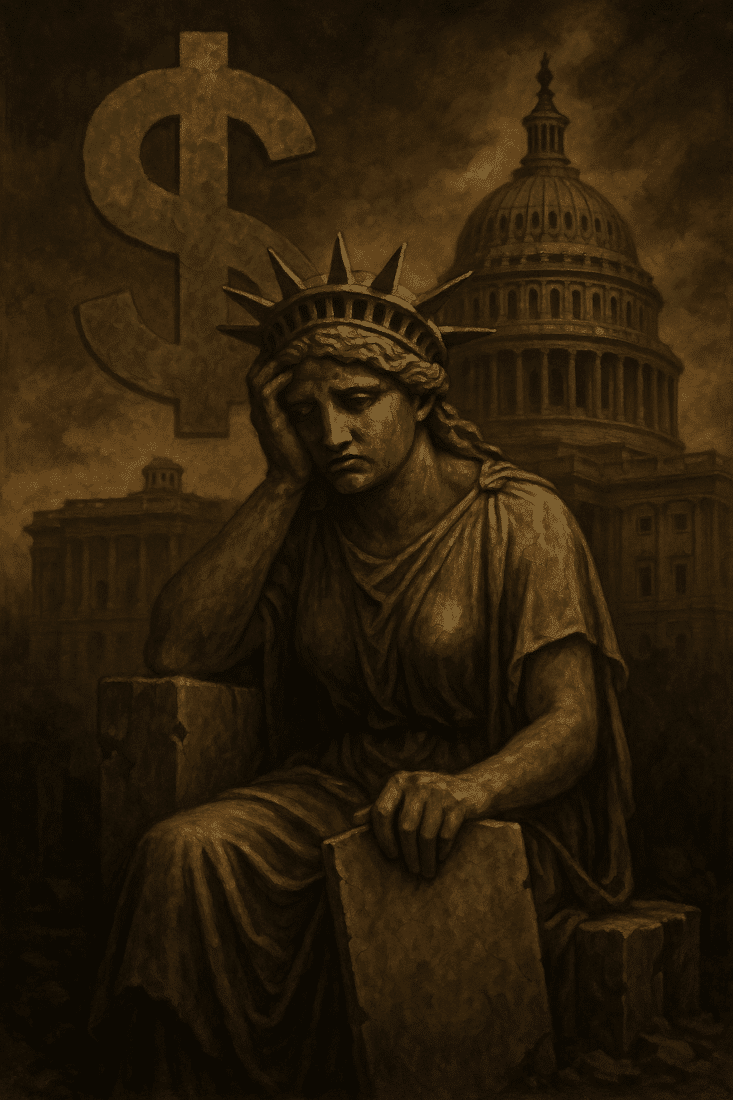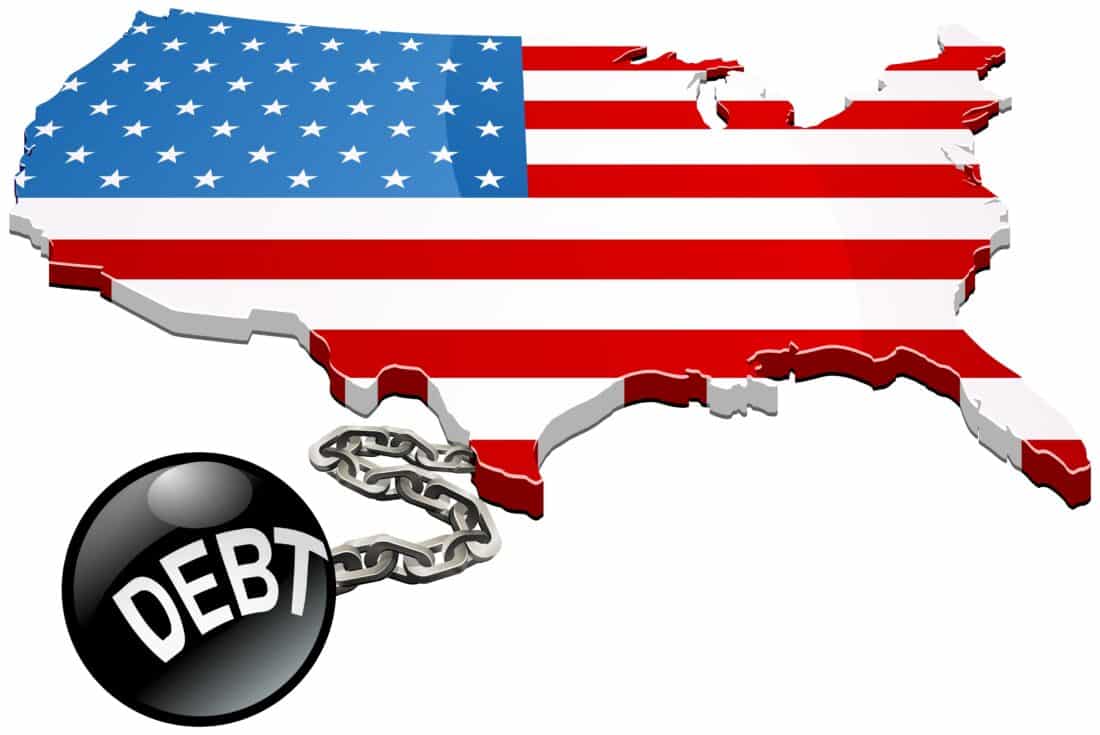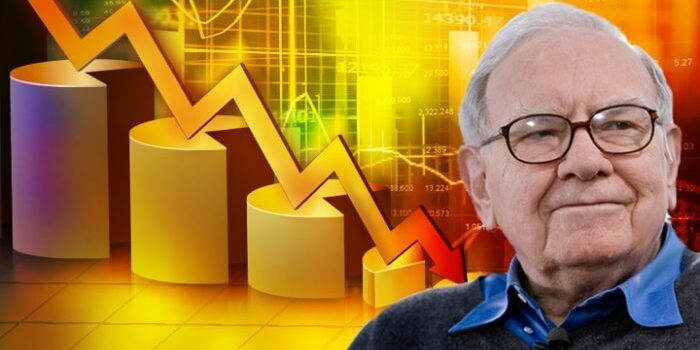
As Crisis Looms, Warren Buffett’s Berkshire Hathaway Sides with the Banks
Upon reading the title of this piece, you’re probably thinking, “perhaps I should pick up some bank stocks too.” After all, doesn’t every investor want to trade like Warren Buffett? You can try, but you probably won’t reap the same benefits. In fact, you may end up getting burned, while the banks and (indirectly) Berkshire Hathaway enjoy the privilege of using your money.
So how large is Berkshire Hathaway’s financial stock exposure? According to a Morningstar report, they hold close to $100 Billion. This makes up nearly “one-fifth of Berkshire's $481 billion market capitalization.”
Why bet on bank stocks when the global economy is showing signs of a looming crisis? Considering that banks are often taken as a proxy for the broader economy, perhaps such a move reveals Buffett’s well-known “optimism” toward the US economy at large. Over the long term, this may be a good-enough reason, as it had served Buffett well throughout his entire career. But certainly, there’s more to it.
Berkshire’s large financial stock positions benefit from dividends, adding more cash to accumulate an even larger stake in a variety of investments. In the short-term, however, banks haven’t been doing so well, especially given the lower interest rate environment.
Yet, Berkshire has been increasing its stake (for instance, Berkshire just gobbled up 950 million more shares of Bank of America last July). Their top holdings, according to Morningstar, are Bank of America Corp., Wells Fargo & Co., American Express Co., U.S. Bancorp, JPMorgan Chase & Co. and Moody's Corp. Note that Berkshire holds the largest stake in all of these banks except for JPMorgan.
Warren Buffett doesn’t always comment on the motivations behind his moves aside from his typical explanation that certain stocks (in this case, financial stocks) are "very good investments at sensible prices, based on my thinking. And they're cheaper than other businesses that are also good businesses, by some margin."
But Paul Lountzis, president of Lountzis Asset Management LLC (a firm that holds Berkshire shares), ventured an opinion that might have hit the mark more accurately than even he had realized: "I think [Mr. Buffett] just thinks that the large banks in particular really have some sustainable competitive advantages."
The largest of banks do hold a competitive advantage over most other companies: they won’t be allowed to collapse, courtesy of the Dodd-Frank Orderly Liquidation Authority measure.
The Dodd-Frank Title II Orderly Liquidation Authority (OLA) essentially allows the banking system to utilize 50% or more of it in order to save the bank’s balance sheets, similar to the bail-ins that took place in Cyprus during their financial crisis in 2012.
This means that any money you store in a bank becomes unsecured debt, making you an unsecured creditor who must then share the burden of bank losses should it face the prospect of insolvency.
The bank takes your money and hands you an equivalent amount of shares in its failing operation. But because a bank is able to use depositor funds, such a measure significantly reduces the bank’s risk of failure.
A “sustainable competitive advantage,” as Lountzis describes? It’s more like an “absolute” advantage, albeit an unfair one, as bank depositors have absolutely no legal recourse. Why wouldn’t Berkshire or Buffett invest in companies that have a seemingly no-fail solution?
Of course, should the banking system collapse to such an extent that OLA is triggered, you wouldn’t want 100% of your money in a bank. If you hold a good portion of your money in stocks, a financial collapse would only wreck the value of your portfolio. But if you diversify across all major assets--stocks, bonds, cash, and physical precious metals (the only real “safe haven” out there), then you’re likely to weather the storm, as long as your allocations are carefully distributed.
If you need help in your precious metals allocations, give us a call at GSI Exchange. We have years of experience helping investors build a safer, more sound, and more diverse portfolio.


